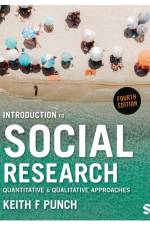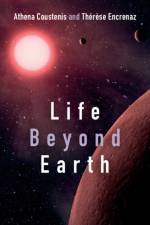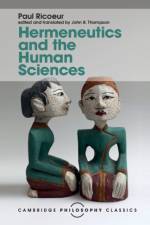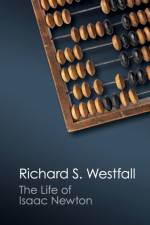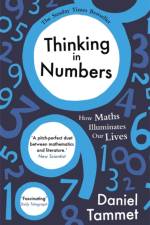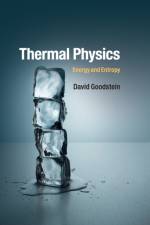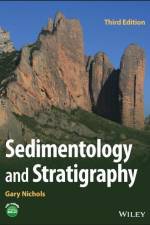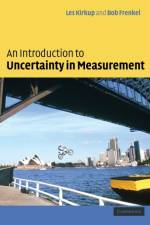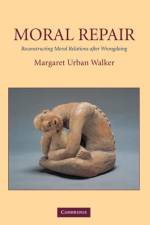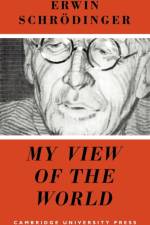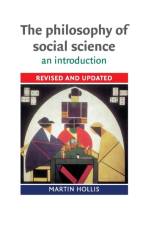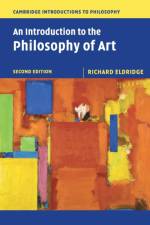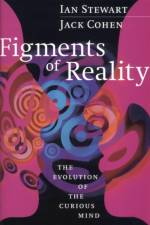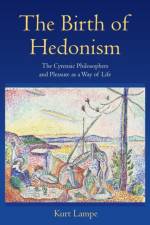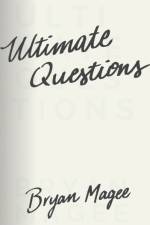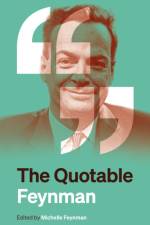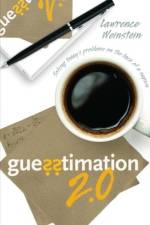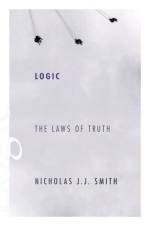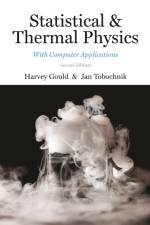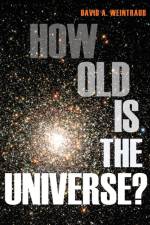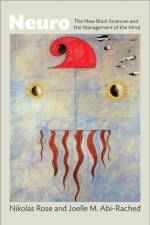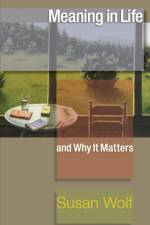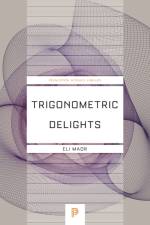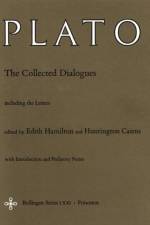av Richard P. Feynman
245 - 319,-
A treasure-trove of illuminating and entertaining quotations from beloved physicist Richard P. Feynman"e;Some people say, 'How can you live without knowing?' I do not know what they mean. I always live without knowing. That is easy. How you get to know is what I want to know."e;-Richard P. FeynmanNobel Prize-winning physicist Richard P. Feynman (1918-88) was that rarest of creatures-a towering scientific genius who could make himself understood by anyone and who became as famous for the wit and wisdom of his popular lectures and writings as for his fundamental contributions to science. The Quotable Feynman is a treasure-trove of this revered and beloved scientist's most profound, provocative, humorous, and memorable quotations on a wide range of subjects.Carefully selected by Richard Feynman's daughter, Michelle Feynman, from his spoken and written legacy, including interviews, lectures, letters, articles, and books, the quotations are arranged under two dozen topics-from art, childhood, discovery, family, imagination, and humor to mathematics, politics, science, religion, and uncertainty. These brief passages-about 500 in all-vividly demonstrate Feynman's astonishing yet playful intelligence, and his almost constitutional inability to be anything other than unconventional, engaging, and inspiring. The result is a unique, illuminating, and enjoyable portrait of Feynman's life and thought that will be cherished by his fans at the same time that it provides an ideal introduction to Feynman for readers new to this intriguing and important thinker.The book features a foreword in which physicist Brian Cox pays tribute to Feynman and describes how his words reveal his particular genius, a piece in which cellist Yo-Yo Ma shares his memories of Feynman and reflects on his enduring appeal, and a personal preface by Michelle Feynman. It also includes some previously unpublished quotations, a chronology of Richard Feynman's life, some twenty photos of Feynman, and a section of memorable quotations about Feynman from other notable figures.Features: Approximately 500 quotations, some of them previously unpublished, arranged by topicA foreword by Brian Cox, reflections by Yo-Yo Ma, and a preface by Michelle FeynmanA chronology of Feynman's lifeSome twenty photos of FeynmanA section of quotations about Feynman from other notable figuresSome notable quotations of Richard P. Feynman:"e;The thing that doesn't fit is the most interesting."e;"e;Thinking is nothing but talking to yourself inside."e;"e;It is wonderful if you can find something you love to do in your youth which is big enough to sustain your interest through all your adult life. Because, whatever it is, if you do it well enough (and you will, if you truly love it), people will pay you to do what you want to do anyway."e;"e;I'd hate to die twice. It's so boring."e;

